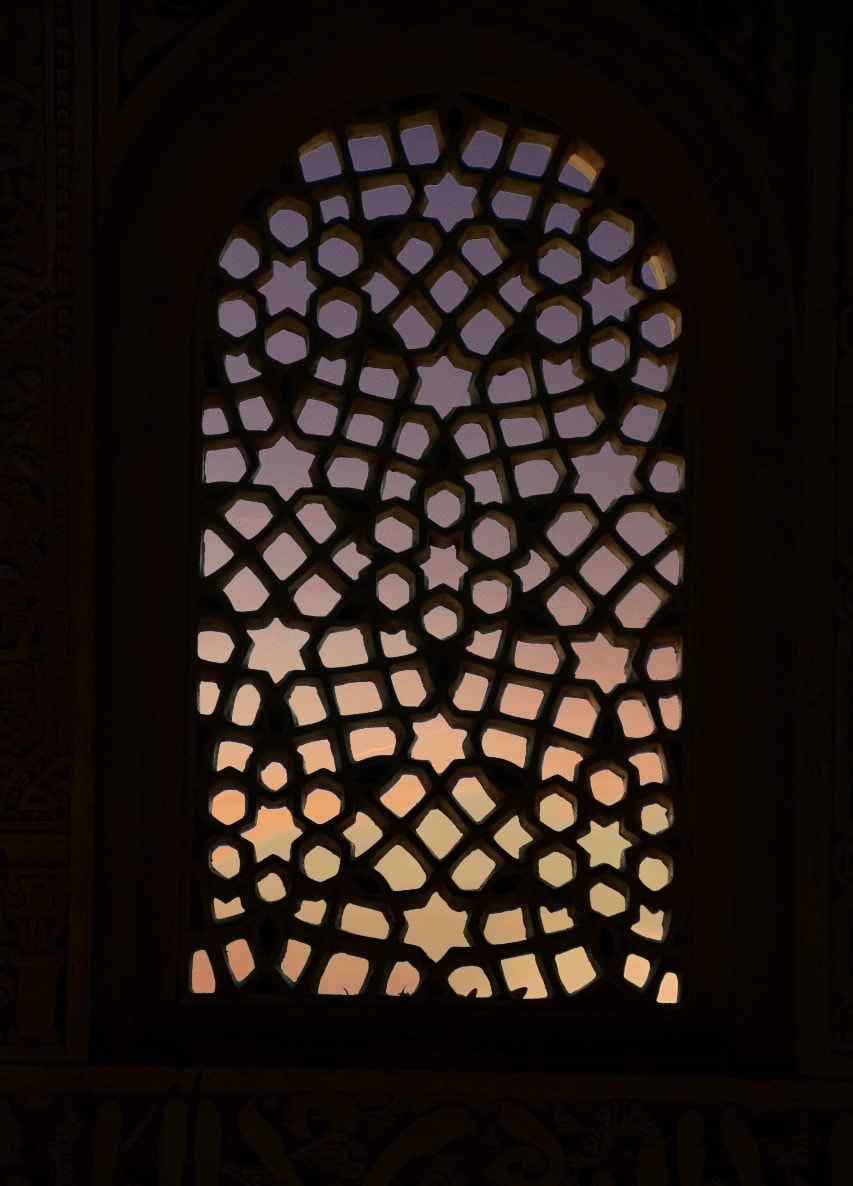Rules Regarding an Incomplete Clean Period
Answered by Shaykh Irshaad Sedick
Question Summary
For the past nine years, my menstrual period has happened every fourteen days. In the Shafiʿi Madhhab, menstruation may last up to fifteen days maximum, and a clean period is at least fifteen days. My cycle does not have a fifteen-day clean period since my menstrual cycle sometimes lasts up to fifteen days. Should I still pray even though I see brown discharge?
Question Answer
In the Name of Allah, the Most Merciful and Compassionate. Abnormal menstrual cycles tend to be challenging to address without ascertaining the details of the specific situation in question. Herewith follows some guidelines which will, hopefully, assist in the condition you face.
If a woman does not have fifteen consecutive clean days from the end of her menstrual cycle to the beginning of the next menstrual cycle, there are two possible scenarios. She is either a mustahada (a woman with chronic abnormal uterine bleeding), or she has to ‘complete the clean period.’ Since you’ve indicated that your period sometimes lasts up to fifteen days, we assume that the following scenario applies: [Bafadl, Ahmad Ibn Salih, Al-Nabras fi Ahkam Al-Hayd wa Al-Istihada wa Al-Nifas]
Complete the Clean Period
The scenario of a woman who has to ‘complete the fifteen-day clean period (tuhr)’ means that she counts the first few days of the subsequent bleeding as ‘abnormal uterine bleeding’ (istihada), for which the rulings of menstruation do not apply until fifteen clean days are complete.
Example: A woman had a fifteen-day clean period from the 1st – 16th July. She then bled for ten days until the blood stopped on the 26th of July. Then she was clean for twelve days and started to bleed again on the 7th of August. In this case, the blood from the 7th of August until the 10th of August will be considered abnormal uterine bleeding (istihada), and her menstruation will start from the 10th for fifteen days. As long as this bleeding pattern persists, she will base her period on “the principles of completing a clean period,” meaning finishing the fifteen-day clean period in the first few days of bleeding. Only then, start counting the bleeding as menstruation for fifteen days for her menstrual cycle. [Ibid.]
If this situation applies, then prayers should be observed by cleaning, using the sanitary measures to stop the blood, and completing the ablution after each compulsory prayer-time enters and renew the procedure for each compulsory prayer. Please note that these are the rules regarding an incomplete clean period. When the menstrual period exceeds the fifteen-day maximum, different regulations will apply. [Al-Misri, ʿUmda Al-Salik]
I pray this is of benefit and that Allah guides us all.
Shaykh Irshaad Sedick was raised in South Africa in a traditional Muslim family. He graduated from Dar al-Ulum al-Arabiyyah al-Islamiyyah in Strand, Western Cape, under the guidance of the late world-renowned scholar, Shaykh Taha Karaan.
Shaykh Irshaad received Ijaza from many luminaries of the Islamic world, including Shaykh Taha Karaan, Mawlana Yusuf Karaan, and Mawlana Abdul Hafeez Makki, among others.
He is the author of the text “The Musnad of Ahmad ibn Hanbal: A Hujjah or not?” He has served as the Director of the Discover Islam Centre and Al Jeem Foundation. For the last five years till present, he has served as the Khatib of Masjid Ar-Rashideen, Mowbray, Cape Town.
Shaykh Irshaad has thirteen years of teaching experience at some of the leading Islamic institutes in Cape Town). He is currently building an Islamic online learning and media platform called ‘Isnad Academy’ and pursuing his Master’s degree in the study of Islam at the University of Johannesburg. He has a keen interest in healthy living and fitness.
